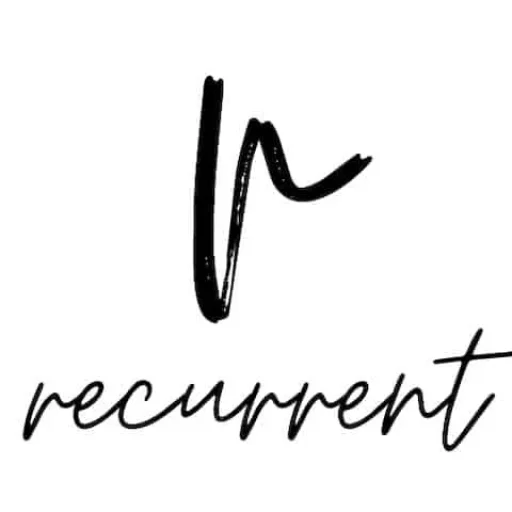Budgeting can initially feel difficult as there are some decisions you need to make on the frequency of how often you need to be doing a budget, and how far forward you need to project.
The best way to get started with a budget is to focus on the frequency of your pay cycles. If you get paid weekly, then do a weekly budget, with a weekly projection; if you get paid fortnightly, then do a fortnightly budget, with a fortnightly projection.
By keeping things focussed on the frequency of your pay from your main employer (the one you receive the most pay from) you’ll be able to get started with your budget.
How often should you be budgeting?
Once you get the hang of writing your budget according to your pay schedule, you’ll begin to see a pattern and regular cycle with certain expenses. You would have already seen the regular frequency of income if you are on a salaried position, but you’ll also begin to see the same regular pattern with expenses, such as: transport costs (i.e. fuel, rego), groceries, insurances, subscriptions (etc).
As you see the regular recurrent nature of income and expenditure, your budget will begin exhibiting similar cycles.
This is what I was seeing as I manually performed work on my own budget.
To help reduce the amount of time spent creating my budget each pay cycle, I eventually got to the point where I could extend the cycle of my budgeting to monthly. This meant I only needed to do a budget now 12 times a year.
Ideally creating a budget once every month, at the beginning of each month, is the best use of time for designing a budget as it is frequent enough not to ignore, and the period of projection is easy to frame. However, if you find a monthly frequency causes you to forget what is contained within your budget, then revert to a lesser frequency such as fortnightly or weekly, or remind yourself weekly at those things contained in your monthly budget (i.e. have it printed out and stuck on the fridge).
How do you budget monthly when you’re paid weekly?
If you do elect to budget monthly, and are still being paid weekly or fortnightly, you want to be able to pull up a calendar and count the number of pay days there are in that month. Then from this count you want to multiply it to your net pay. This will end up being your total wage/salary income for the month.
Similarly, when it comes to calculating the total expenses for the month you want to determine how often something is paid per week or per fortnight, and then multiply that frequency in the month by the cost.
Take for example groceries. My wife, on average, does grocery shopping on Tuesdays. As our average grocery bill is around $250, I simply count the number of Tuesdays in any given month and multiply that count by $250 to arrive at the total expected cost of groceries to be. Most months will have 4 Tuesdays, whereas others will have 5, so I need to be mindful of the calendar to make sure I’ve counted the correct frequency of days in the month as this will impact my budget.
What is a good budget month?
A good budget month is when you can achieve positive net cash flow . This is where you have spent less than what you have received in income.
By spending less than what you have earned, you begin to accumulate savings which allows you to start building an emergency fund which provides further savings and benefits.
Summary
The most important thing about budgeting, is to get started. The easiest way to get started is by budgeting weekly, but you might find it easier to conceptualise if you think in terms of pay cycles, which may be fortnightly or monthly. Ideally monthly is the best way to go, but may not be the best type of frequency when you’re just starting out.
The best time to have started a budget is yesterday. Therefore, if you haven’t done one yet, get started today so tomorrow you have better focus and control on how you’re spending your money.

